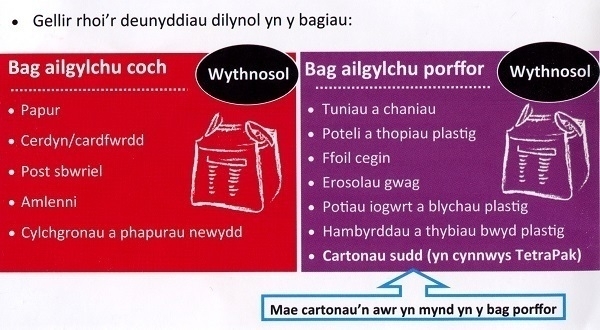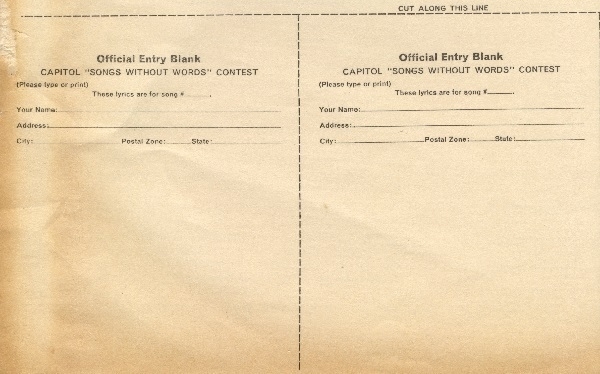ephemera
Write More Letters
Jan 20, 2025
About nine years ago I signed up for something called the Letter Writers Alliance, an organisation founded to maintain and promote the art of letter writing. I’d been in two minds about joining it, as I gathered that a large part of the Alliance’s activity was conducted on Facebook, and I had, with great satisfaction, closed my account there some time before. Even so, I completed a form and paid a small one-off membership fee, in return for which I was sent some ephemera: a membership card; a badge; and a couple of postcards (one of them shown above). Meanwhile, and more importantly, I was provided with the contact details of two prospective correspondents.
One of these exchanges did not flourish. After a promising initial round of letters with a lawyer in São Paulo, I mis-addressed my next letter by transposing two digits in the CEP (Post Code) which meant that about two or three months later the letter was returned to me, undelivered & unread. I tried sending another after that, but wasn’t surprised that it went unanswered. The other correspondence, however (with a journalist in New Mexico), did develop, and thrives to this day. It’s now my longest-running ‘conversation’ with someone I’ve never met. Even though I didn’t afterwards participate in the LWA’s activities (and wasn’t even aware until the other day that those had ceased in 2020), I remain grateful to them for enabling a long-running epistolary friendship.
‘Write More Letters’ is something I strove to do after moving to my current address, recently bereaved, short of funds, and having a dog and two cats to look after. I thought it would offer a good way of making some strong connections despite my having relatively little free time or ready money to spare: and so it proved. Year on year I scribbled and typed more & more, until, in the pandemic year of 2020, I was averaging close to a dozen letters a month. Since then I’ve slowed down somewhat, but still managed to send about ninety letters last year. Nowadays, with postal services under increasing strain as the volumes of mail continue to fall, while costs and prices rise, I wonder for how much longer the pleasure of sending and receiving ‘snail mail’ will continue to even be an option.
Bagiau Ailgylchu
Jan 8, 2025
Legislation stipulates that “so far as is appropriate in the circumstances and reasonably practicable […] the Welsh and English languages should be treated equally in the conduct of public business in Wales”. In practice, that will often mean receiving official communications given in both languages. An example is shown above: part of a bilingual leaflet I was sent recently on the subject of what materials can be placed in our new bagiau ailgylchu amldro (reusable recycling bags). The vocabulary shown happens to include several terms taken from, or via English, for example: tuniau a chaniau are tins and cans; potiau iogwrt are yoghurt pots; ffoil is foil; erosolau are aerosols; plastig is plastic.
I’m all in favour of Welsh being treated equally, despite its being a minority language I don’t speak, and even though I live in one of the most Anglicized corners of Wales. Sometimes the insistence on providing translations can verge on the ridiculous, such as when signs point to a lifft / lift (an unvoiced f sound is written as ff in Welsh; while a single f in Welsh would be pronounced like an English v). It’s hard to imagine a monoglot Welsh speaker taking to the stairs because they don’t know what a ‘livt’ is. Half-baked combinations of the two languages are not uncommon: for example a new housing development near me has been called ‘Elderwood Parc’, where parc is simply the Welsh (in which a c is always hard) for park – why not use a Welsh equivalent of ‘Elderwood’ too, or just leave it at ‘park’?
Songs Without Words
Dec 27, 2024
A few years ago I bought a fairly early mono copy of Frank Sinatra Sings For Only The Lonely (the 1958 LP where Frank is depicted as a sad clown on the cover), which had an interesting inner sleeve: one advertising a songwriting competition. Capitol Records' “Songs Without Words” contest was staged in 1961. The would-be entrant needed to buy (or at least listen to) an album with ten instrumental tracks, and then come up with lyrics for one or more of them. Two of the numbers were classed as Country & Western, two as Rock’n’Roll, and the remaining six as generically ‘Popular’.
Among those listed as composers of the instrumental tracks were such big names as Jimmy Van Heusen and Johnny Mercer (though oddly, Mercer was primarily known a lyricist – and, perhaps not coincidentally, as a co-founder of Capitol Records). Entrants were instructed to print or type their lyrics on blanks on the back of the inner sleeve, but with those allowing only about 3" x 4" of available space, they would have been obliged to use either tiny text or very few words. It doesn’t appear as though any erstwhile amateurs were catapulted into the limelight as a result of the contest. Information about the winners has apparently proven to be elusive. The whole contest, moreover, was a re-tread of one run in 1949, with some of the earlier tunes ending up recycled on the 1961 record.

Subject: Earthquake
Nov 21, 2024
The job I had in Rome in the ’90s came with a three-month notice period, which was no small chore to work through. Toward the end of that time I printed out a small selection of the emails I’d received during my two years there as mementoes of what was easily the weirdest of the workplaces I’ve known. The one shown above includes some earthquake safety advice, which, if I recall correctly, arrived the day after a somewhat significant tremor, which I think would have been one of the aftershocks (magnitude 5.6) following the Umbria and Marche earthquake of Sept. 26th ‘97.
There was one earthquake that occurred while I was in that office whose effects I specifically recall, though I’m not sure if it was the one that gave rise to the email. The ground wobbled for several seconds; coats swayed on coat-stands; water sloshed in a fish-tank in an office across the corridor; a soprano voice exclaimed «Dio mio!» nearby. It was strong enough for a newbie like me to feel a certain frisson; but by no means severe enough to be frightening. The last earthquake I experienced was even less spectacular: “Britain reacts to an ‘underwhelming’ earthquake” ran one BBC News headline. At home reading a book on a Saturday afternoon there was a noise as if something very heavy had fallen over some distance away. Only later did I learn it was a magnitude 4.4 tremor centred about 40 miles to the west.